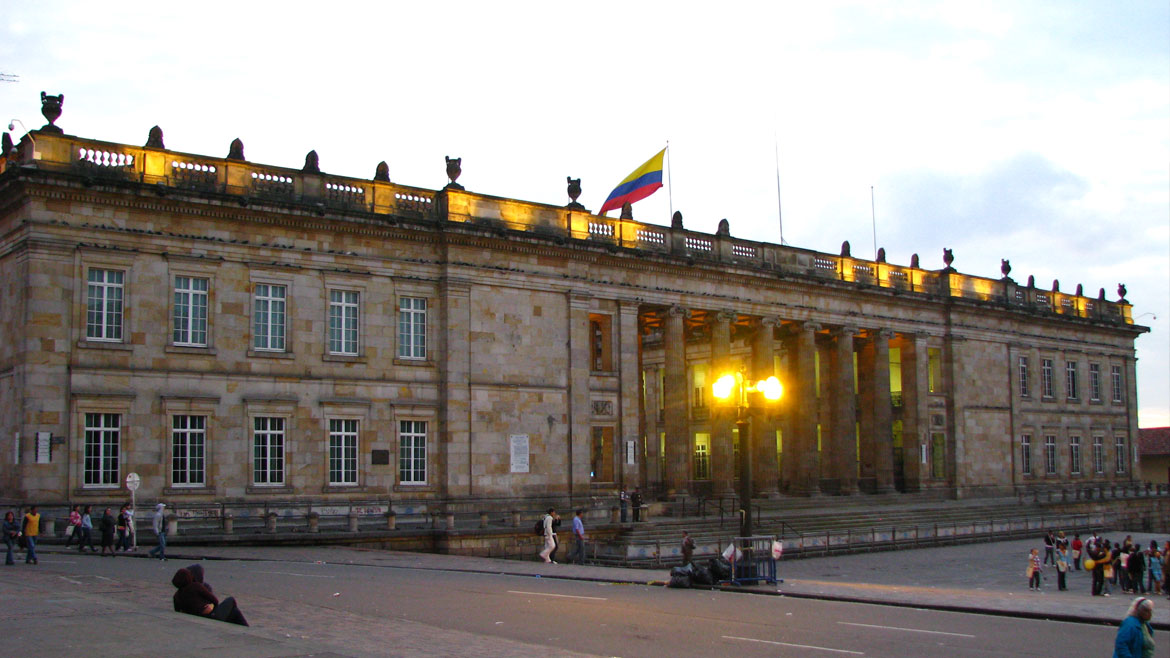A 14-member commission of Colombia’s Senate voted against a labor reform despite mass protests in favor that had been called by President Gustavo Petro.
As expected, eight senators who had announced their opposition last week voted against moving the government’s labor reform proposal to the plenary for debate.
The reform sought to dramatically improve the rights of formally employed workers in line with internationally accepted labor norms, according to the government coalition.
What was in the labor reform
- Compensation for labor after 7PM, on Sundays and official holidays
- Legislation limiting temporary contracts for permanent jobs
- Right for women to call in sick when they have their period
- Minimum wage for students doing internships
The opposition claimed that the labor reform would increase unemployment and make it more difficult for people to find formal employment.
The vote was held on the same day as protests that had been called by Petro and drew tens of thousands of people in cities throughout the country.
Speaking before protesters in the capital Bogota, the president called on “permanent and growing” protests in support of a referendum that would force congress to legislate on the reforms.
Petro calls for permanent protests in support of labor referendum
This referendum would first have to be approved by the Senate where the government lacks a guaranteed majority.
Since taking office, tensions between Petro and the congressional opposition have escalated over the labor reform proposal and proposed health and pension reforms that were among Petro’s key campaign promises.
The president has less than a year and a half to obtain congressional approval of his progressive reform proposals despite fierce opposition by liberals, conservatives and far-right “Uribistas.”
A referendum would force Congress to come up with legislation in line with public opinion despite the political agendas of congressmen.





